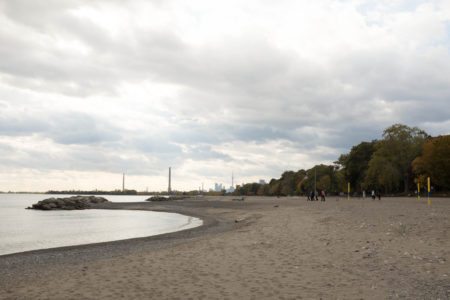Carrying around and being close to transmitting radios makes me nervous.
They may be programmed to harm their owner from the outset, or reprogrammed by private hackers or government forces.
They are the means through which ubiquitous surveillance is maintained, alongside agreements and clandestine action against fixed-line phone and internet providers. Perhaps the most important rule for understanding computer, internet, and network security today is that your government is attacking you.
So… when I walk around with radios it stresses me out. That includes the cell network, WiFi, and Bluetooth radios in the ragged old iPhone4 which I sometimes carry. It includes the capable and sophisticated antennas in my laser-etched Macbook.
To an extent, it includes the increasingly inescapable RFID tags built into passports, credit cards, and bank cards.
I distrust the state.
I think the unprecedented ability of the state to track and permanently archive our conversations, movements, and financial transactions alters how we should feel about democracy, governance, and technology.
If you are evil, or curious, or a nationalistic defender of state authority, you need to start studying software defined radio.
In contrast, I find radios which can only receive comforting and anachronistic. “Radio” still means to a lot of people, a machine to receive and interpret data sent by radio frequencies. GPS receivers and radio clocks are good examples.

